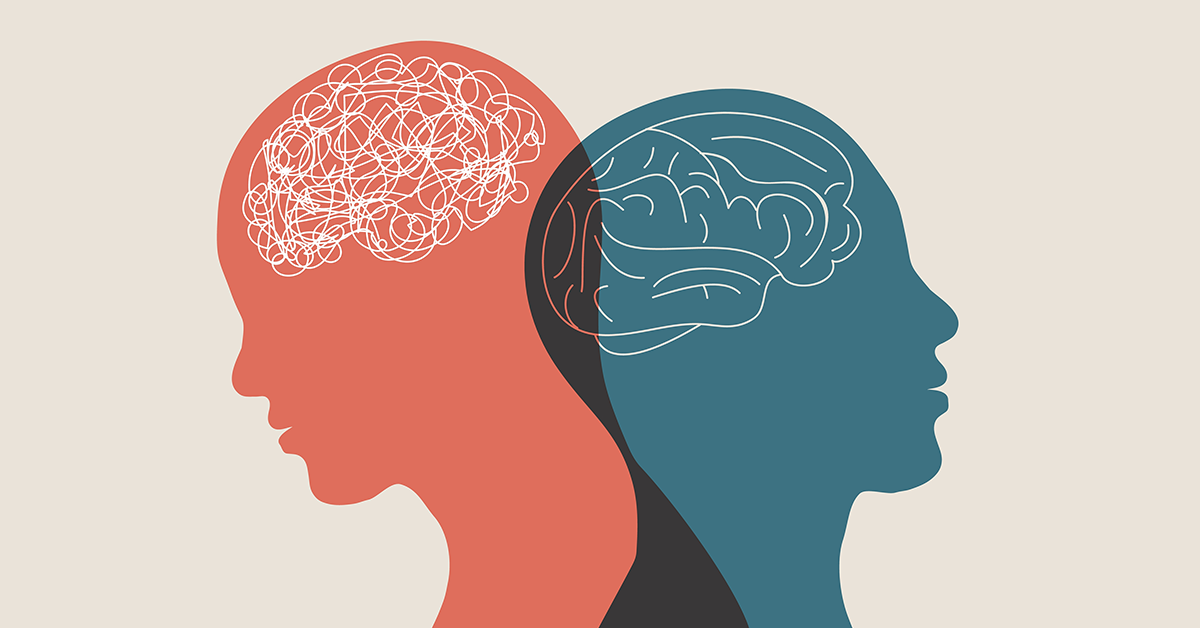Cognition refers to the mental processes involved in acquiring knowledge, understanding, problem-solving, decision-making, and using information. It is the foundation of all intellectual activities, enabling humans to interpret and interact with the world. Understanding cognition helps us comprehend how the brain processes information and supports behaviors essential for everyday functioning.
What is Cognition?
Cognition encompasses several critical mental processes, including attention, memory, perception, language, and reasoning. These processes allow individuals to collect, store, and use information in various contexts. They are not isolated functions but rather integrated systems that work together to shape how we think and act.
Key Cognitive Functions:
1. Attention: The ability to focus on specific stimuli or tasks while ignoring distractions.
2. Memory: The process of encoding, storing, and retrieving information over time. Memory is critical for learning and recognizing patterns.
3. Perception: The interpretation of sensory information from the environment, allowing us to understand and react to external stimuli.
4. Language: The ability to understand, produce, and communicate through words or symbols.
5. Problem-Solving and Decision-Making: The process of evaluating information, considering options, and choosing actions to solve challenges or make decisions.
How Cognition Works in the Brain
Cognitive processes are deeply rooted in the brain’s neural architecture. Different areas of the brain specialize in different cognitive functions. For example, the prefrontal cortex plays a key role in decision-making and problem-solving, while the hippocampus is crucial for memory formation. The brain’s neural networks communicate through synapses, with electrical and chemical signals enabling the processing and transfer of information.
Cognitive Development and Decline
Cognition develops over time, from early childhood through adulthood. In infancy, cognitive abilities such as basic attention and language acquisition begin to form. As people age, these abilities expand, allowing for more complex thought and reasoning. However, cognitive functions can decline with aging or due to conditions like Alzheimer’s disease or dementia. Cognitive decline can affect memory, problem-solving skills, and the ability to concentrate.
Factors Influencing Cognitive Health:
• Nutrition: A balanced diet rich in antioxidants and omega-3 fatty acids supports brain health and cognitive function.
• Exercise: Physical activity enhances cognitive performance by promoting blood flow to the brain and fostering neural connections.
• Mental Stimulation: Engaging in intellectually stimulating activities such as puzzles, reading, or learning new skills can help maintain cognitive abilities over time.
• Sleep: Adequate sleep is essential for memory consolidation and cognitive functioning.
Enhancing Cognitive Abilities
While some cognitive abilities naturally decline with age, there are ways to enhance and maintain cognition. Cognitive training exercises, mindfulness practices, and learning new skills are known to boost brain plasticity, enabling the brain to form new connections and improve performance in areas like memory and problem-solving.
1. Cognitive Training: Games and tasks designed to improve specific cognitive functions, such as memory games or problem-solving tasks.
2. Mindfulness and Meditation: Practices that enhance focus, attention, and emotional regulation, leading to improved cognitive control.
3. Learning New Skills: Engaging in lifelong learning stimulates the brain and promotes cognitive health.
Conclusion
Cognition is at the heart of everything we do, from the simplest task to complex decision-making. Understanding how cognition works helps in identifying ways to enhance our mental capabilities and protect against cognitive decline. Maintaining cognitive health requires a combination of physical activity, mental stimulation, proper nutrition, and healthy sleep habits.
By focusing on improving cognitive health, individuals can optimize their learning, reasoning, and memory skills throughout their lives.
Sources:



